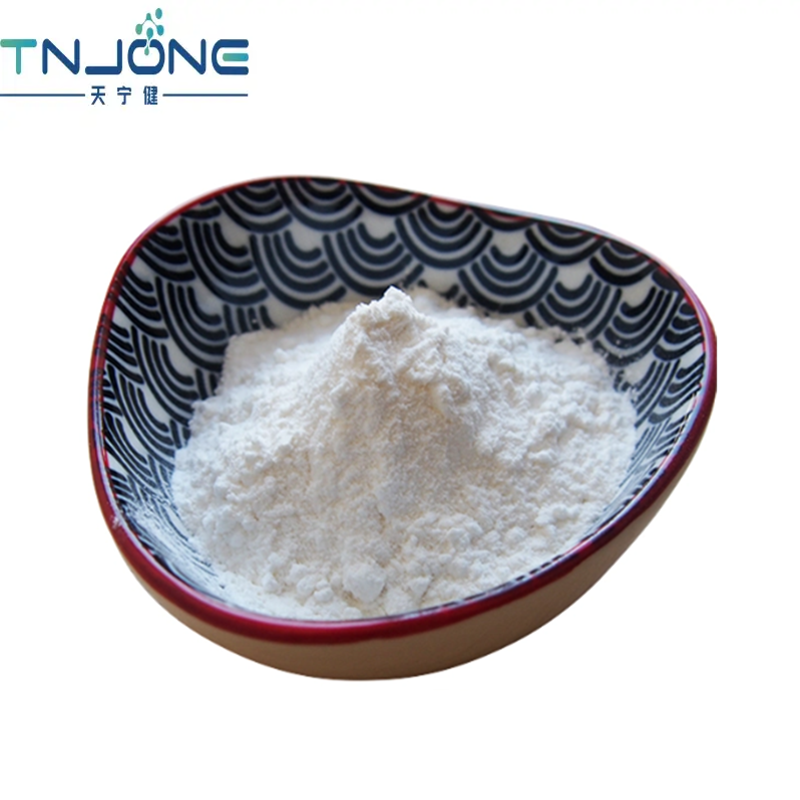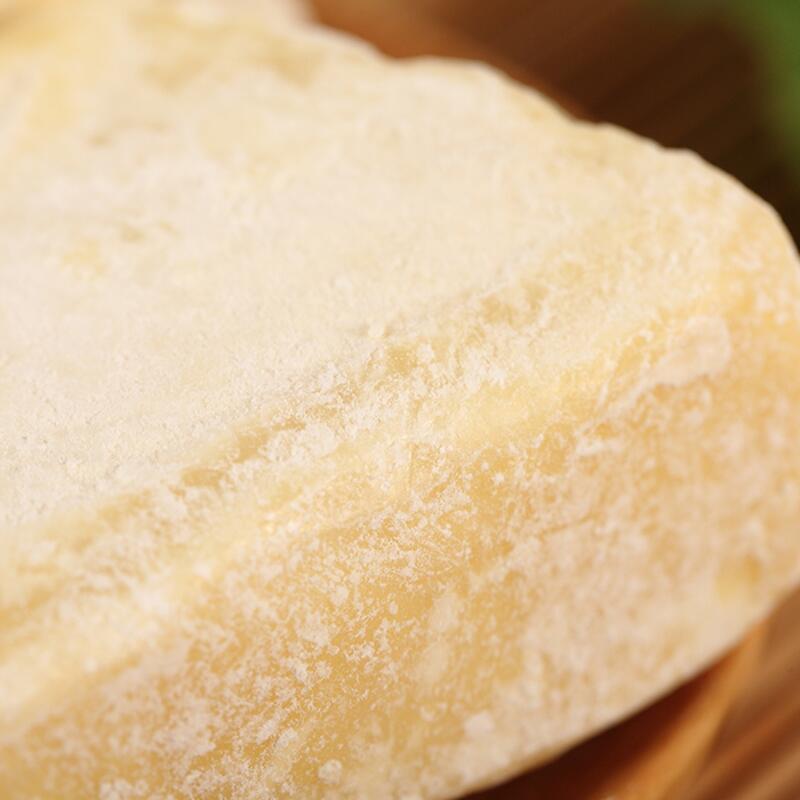-
Categories
-
Pharmaceutical Intermediates
-
Active Pharmaceutical Ingredients
-
Food Additives
- Industrial Coatings
- Agrochemicals
- Dyes and Pigments
- Surfactant
- Flavors and Fragrances
- Chemical Reagents
- Catalyst and Auxiliary
- Natural Products
- Inorganic Chemistry
-
Organic Chemistry
-
Biochemical Engineering
- Analytical Chemistry
-
Cosmetic Ingredient
- Water Treatment Chemical
-
Pharmaceutical Intermediates
Promotion
ECHEMI Mall
Wholesale
Weekly Price
Exhibition
News
-
Trade Service
in recent years, and has gradually emerged .
Russian seafood exports in 2021 rose by 33.
7% from 2020 to $7 billion, according to the Russian Federal Agency for Fisheries, but now everything has been disrupted
.
7% from 2020 to $7 billion, according to the Russian Federal Agency for Fisheries, but now everything has been disrupted
.
Seafood trade between Russia and some of its former major importers has ceased due to war sanctions, resulting in huge losses for buyers
.
Japan imported 86,000 tons of seafood from Russia in 2021, a year-on-year increase of 93%.
Crabs and sea urchins are so popular in Japan that some local restaurants even consider them indispensable
.
.
Japan imported 86,000 tons of seafood from Russia in 2021, a year-on-year increase of 93%.
Crabs and sea urchins are so popular in Japan that some local restaurants even consider them indispensable
.
This trade is now in big trouble, with several Russian banks banned from using the SWIFT system as part of the sanctions, which hinders direct capital flows between the two sides
.
.
Some importers in Japan suggest buying products from Russia and then paying through banks in other countries such as Indonesia and Singapore
.
While this may maintain bilateral trade, it will lead to higher costs, Russian exporters have refused to open foreign accounts to receive payments, and some other countries are assessing import costs and risks and may stop buying seafood from Russia
.
.
While this may maintain bilateral trade, it will lead to higher costs, Russian exporters have refused to open foreign accounts to receive payments, and some other countries are assessing import costs and risks and may stop buying seafood from Russia
.
Cod prices are expected to surge in April, while Russia is likely to cut further exports, such as crabs, to Japan and the United States
.
Japanese importers are also worried about the impact of the war on their own caviar market.
Although they have some stock now, prices will rise and they must start looking for more new suppliers from places like Alaska
.
.
Japanese importers are also worried about the impact of the war on their own caviar market.
Although they have some stock now, prices will rise and they must start looking for more new suppliers from places like Alaska
.
An importer said Russia could turn to China for sea urchin processing, which would mean a new sales channel
.
.
In addition to direct trade, the war has also hit seafood trade between Japan and a number of other countries, with about 300 weekly flights between Japan and Europe being canceled or rerouted, adding significantly to shipping times and costs
.
.
According to Foodspath.
com, flight times have increased by about 20%-30%, shipping costs have roughly doubled, and crude oil prices have hit new highs
.
In the past, it took about 36 hours for salmon from countries such as Norway to arrive in Japan.
Now major suppliers such as Norway have opened new routes, and the time has been extended.
Some salmon are no longer fresh when they arrive.
After losing Russian buyers, it is entering Japan.
Other Asian countries have also encountered huge obstacles on their way, and importers are also suffering from insufficient supply
.
com, flight times have increased by about 20%-30%, shipping costs have roughly doubled, and crude oil prices have hit new highs
.
In the past, it took about 36 hours for salmon from countries such as Norway to arrive in Japan.
Now major suppliers such as Norway have opened new routes, and the time has been extended.
Some salmon are no longer fresh when they arrive.
After losing Russian buyers, it is entering Japan.
Other Asian countries have also encountered huge obstacles on their way, and importers are also suffering from insufficient supply
.
Most Japanese restaurants started raising prices around mid-March due to rising costs
.
The owner of a high-end restaurant said the price of crabs had risen by about 20% from before, but he still needed to scramble for supplies
.
Another restaurant owner said he had to change the menu due to rising prices for seafood such as sea urchins
.
.
The owner of a high-end restaurant said the price of crabs had risen by about 20% from before, but he still needed to scramble for supplies
.
Another restaurant owner said he had to change the menu due to rising prices for seafood such as sea urchins
.
South Korean seafood importers said that South Korea relies heavily on Russian seafood.
The number of seafood imported from Russia in 2021 will be 935,200 tons, mainly Alaska pollock, which is popular among South Korean consumers.
Russian pollock accounts for 90% of the Korean pollock market.
%.
Under the influence of the current war, the price of cod has risen sharply, and some seafood products will soon be in short supply
.
The number of seafood imported from Russia in 2021 will be 935,200 tons, mainly Alaska pollock, which is popular among South Korean consumers.
Russian pollock accounts for 90% of the Korean pollock market.
%.
Under the influence of the current war, the price of cod has risen sharply, and some seafood products will soon be in short supply
.
Some Korean restaurants have had to cancel salmon offerings because they cannot afford the high cost, and the retail price of salmon has risen by 15%-26% compared to the beginning of March
.
At present, there are still some Russian-made seafood in the market, but they will be sold out soon
.
.
At present, there are still some Russian-made seafood in the market, but they will be sold out soon
.







